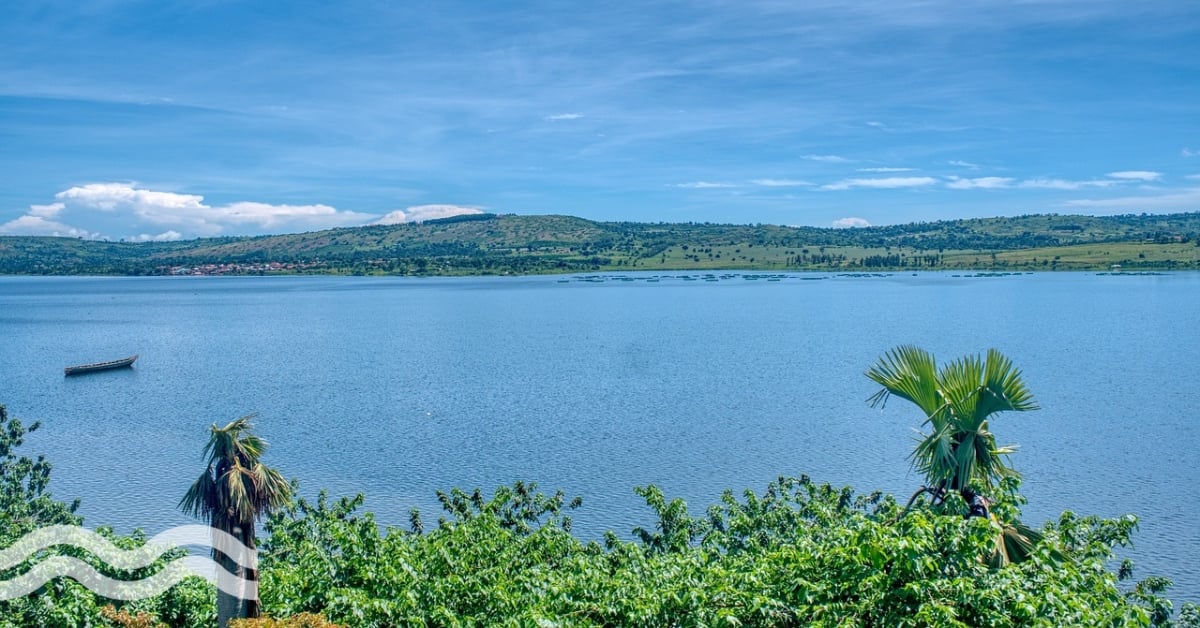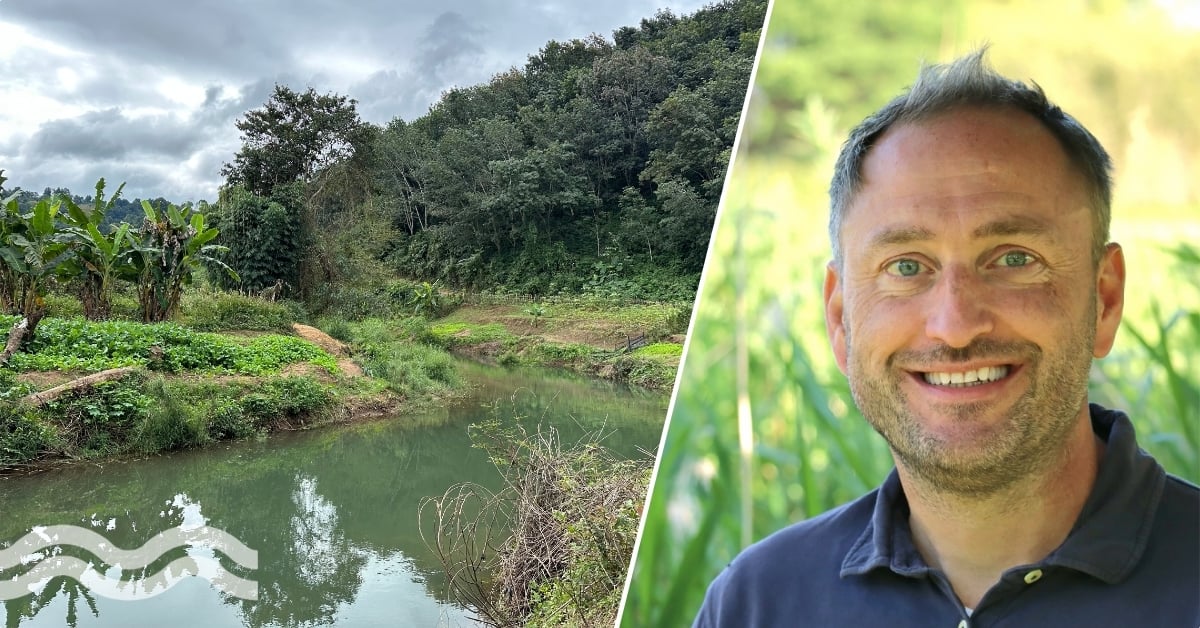Groundwater: Earth's overlooked keystone ecosystem

According to the global environmental organisation the Nature Conservancy, groundwater supplies almost half of all drinking water worldwide. Groundwater is vital to our planet, yet its crucial role in sustaining humanity and biodiversity over the long term is frequently neglected.
Groundwater as a keystone ecosystem
An international team of researchers at Johannes Gutenberg University Mainz (JGU) in Germany has conducted a research project to outline why groundwater should be treated as a keystone ecosystem.
Fifty-one researchers from countries globally, including Australia, India, the Philippines, Italy, Finland, Brazil and Canada, participated in the study.
"Groundwater is not only in itself a major ecosystem but is also of critical relevance to ecosystems on the Earth's surface," said Professor Robert Reinecke from JGU, a specialist in earth system modelling who made major contributions to the study and outlined concepts for improved groundwater protection.
Significant threats to groundwater
Groundwater faces several significant threats which can jeopardise the quality and availability of the water supply. These include over-extraction, contamination, saltwater intrusion, land use changes, climate change, lack of infrastructure and poor infrastructure and monitoring.
Furthermore, excessive withdrawal of groundwater beyond its natural recharge rate is a widespread concern. As urban areas grow, the demand for water increases, leading to over-pumping. This can result in the depletion of aquifers, causing long-term damage to groundwater levels.
Countries such as Denmark, for example, obtain their drinking water entirely from groundwater.
"Throughout the world, some 1,000 cubic kilometres of water are pumped to the earth's surface every year. Sadly, we consume far more than what is naturally replenished," added Reinecke.
About a third of the largest groundwater catchment areas are at risk of depletion, indicating an ongoing decline in groundwater levels.
Groundwater contamination
Contamination is another challenge affecting groundwater. Pollution from various sources poses a significant threat to groundwater quality. Industrial discharges, agricultural runoff containing pesticides and fertilisers and improper disposal of waste can introduce harmful substances into the groundwater.
Contaminated groundwater can have severe health implications for those who depend on it for drinking water. In 2021, with more than four million people affected, iron was the main contaminant of groundwater in India, for example. Other notable contaminants include nitrates.
In coastal areas, over-extraction of groundwater can lead to the intrusion of saltwater into freshwater aquifers. Known as saltwater intrusion, this process can render the groundwater undrinkable and can have detrimental effects on the surrounding ecosystems.
Factors stressing groundwater resources
Urbanisation and changes in land use can alter the natural flow patterns of groundwater. Increased impervious surfaces, such as roads and buildings reduce the ability of the ground to absorb water. This leads to decreased recharge of aquifers and increased surface runoff, further stressing groundwater resources.
Climate Change is another big challenge for groundwater. Changes in climate patterns can affect precipitation and temperature, impacting groundwater recharge rates. Extended periods of drought can lead to decreased groundwater levels, exacerbating the challenges already posed by over-extraction.
Over the next 100 years, the full impact that climate change is having on groundwater resources will become apparent in half of the world's aquifers, a study from the Nature Journal concludes. The regions most sensitive to changes in climate include humid and wet areas, such as the Amazon, Indonesia and parts of central Africa, the research shows. In some of these areas, it could take less than 10 years for climate change to fully impact groundwater flows.
Finally, in some regions, inadequate regulation and management of groundwater resources contribute to unsustainable practices. The absence of effective policies and enforcement mechanisms allows over-exploitation and contamination to persist without proper mitigation measures.
Insufficient infrastructure for water supply and inadequate monitoring systems can impede the sustainable management of groundwater. Without proper oversight, it becomes challenging to address issues promptly and implement corrective measures.
JGU proposes a science policy that integrates a groundwater conservation agenda.
"We propose elevating the concept of keystone species into the realm of ecosystems, claiming groundwater as a keystone ecosystem that influences the integrity of many dependent ecosystems," the group of scientists said in a statement.


